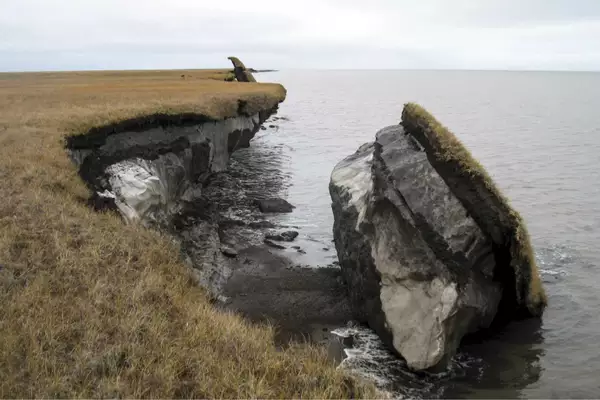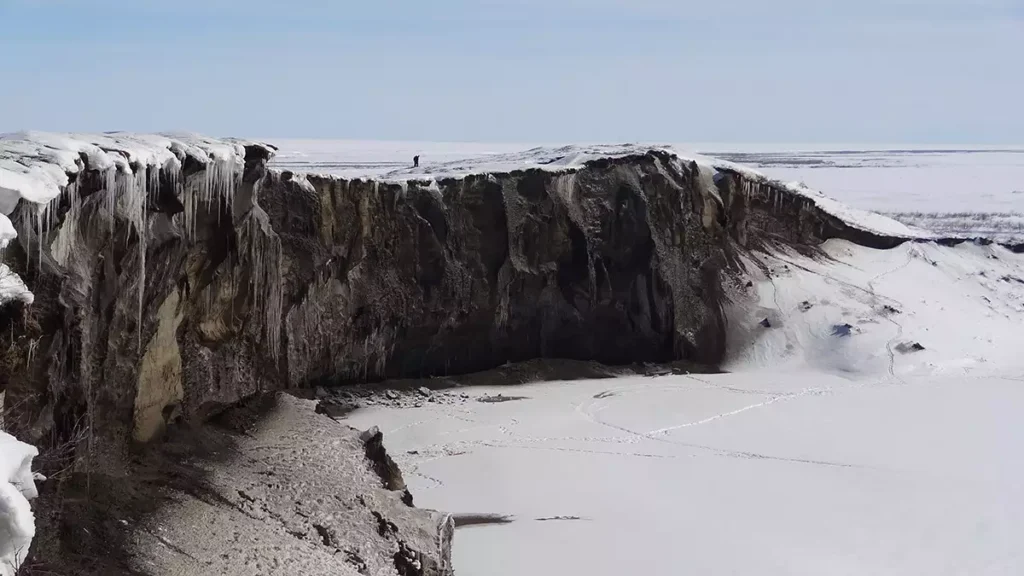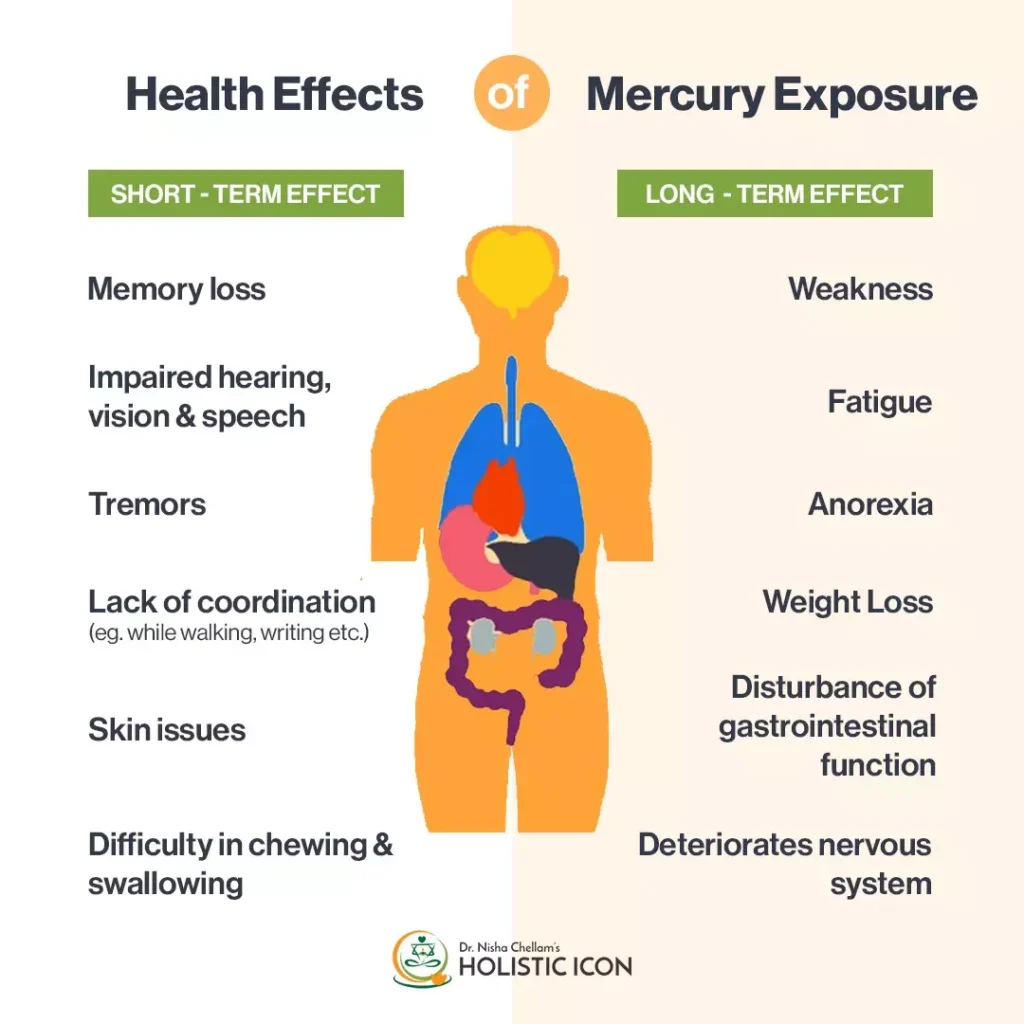Mercury Release into Arctic water systems has recently been detected by scientists conducting research on Alaska’s Yukon River, attributed to melting permafrost.
Environmental Impact of mercury release
Toxic Mercury Release:
- Mercury, trapped in permafrost for thousands of years, is being mobilized as permafrost thaws.
Food Chain Contamination:
- Mercury accumulates in the food chain, affecting fish and wildlife.
- Long-term exposure to mercury can be detrimental to Arctic communities reliant on hunting and fishing.
Health Risks:
- Although direct contamination of drinking water is minimal, the accumulation of mercury in the food chain poses severe health risks.
- Prolonged exposure to mercury can lead to neurological and other health issues.
About Permafrost:
- Permafrost is a ground that remains frozen (0°C or colder) for at least two years.
- It consists of soil, rocks, and sand bound by ice, found in high mountain regions and polar areas.
Impacts of Melting:
- Decomposition of Organic Carbon: Releases greenhouse gases like carbon dioxide and methane.
- Health Risks: Thawing permafrost can release ancient bacteria and viruses.
- Environmental Hazards: Contributes to sea level rise, increased erosion, and landslide risks.
About Mercury
- Properties: Mercury is a naturally occurring metal, liquid at room temperature.
- Sources:
- Natural: Volcanoes, geothermal springs, oceans.
- Anthropogenic: Coal burning, gold mining, industrial processes.
- Health Hazards:
- Exposure to mercury can affect the nervous, digestive, and immune systems.
- Minamata disease, a neurological disorder, is a well-known consequence of mercury poisoning.
Ref: Source
| UPSC IAS Preparation Resources | |
| Current Affairs Analysis | Topperspedia |
| GS Shots | Simply Explained |
| Daily Flash Cards | Daily Quiz |





